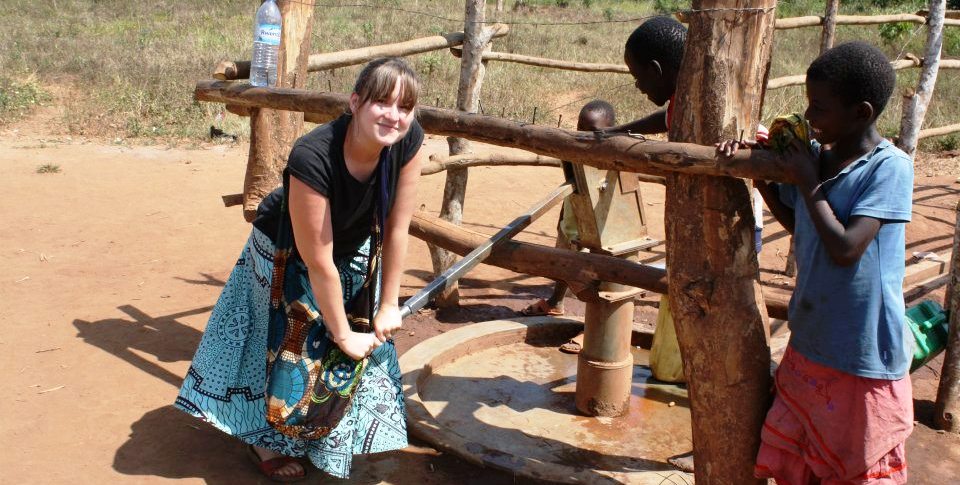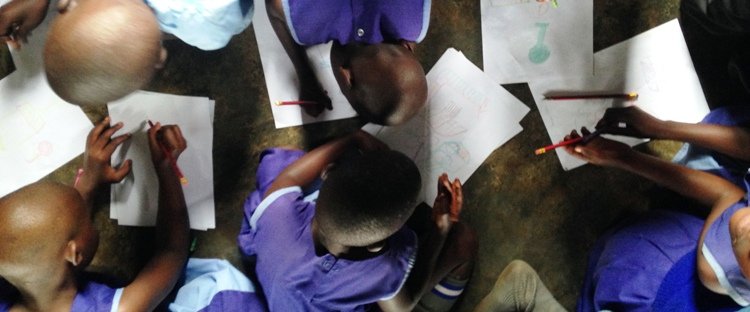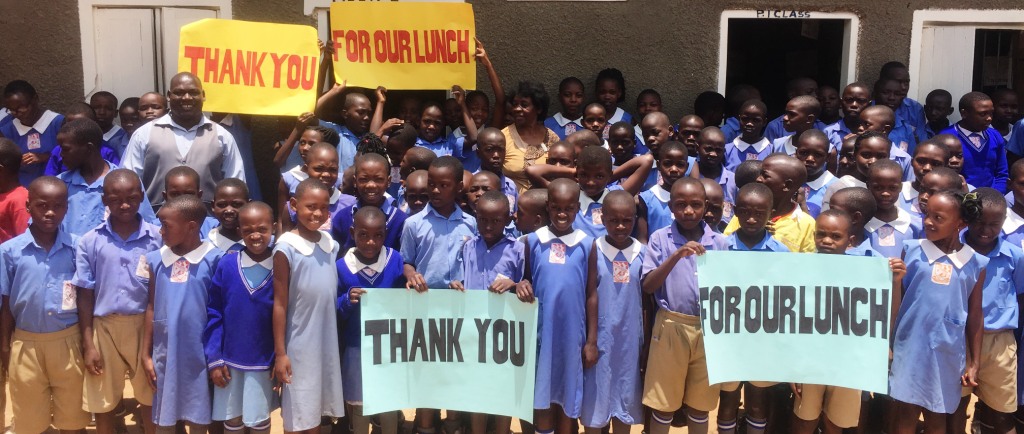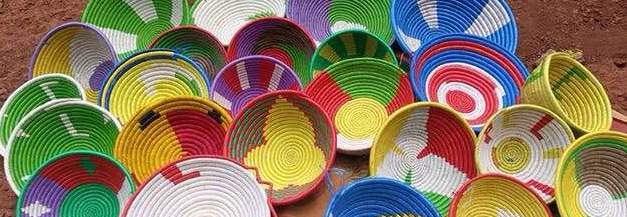I’ve got two wonderful and very true stories about Ugandan childhood that I want share. They are overwhelmingly and unapologetically positive – and I’ve got it on good authority that they express the dominant sentiment around here.
As I’m also raising my son in Uganda, I have to admit – I absolutely love and completely agree with both.
The Real Uganda offers 2 – 12 week locally-led communty-based volunteer programs.
first story
A number of years back I used to share a compound with a family of 10. We had a massive rain water tank on site. However, after school and on weekends, the mum sent all 8 kids (with varying sizes of jerrycan) to the local borehole to collect water.
At first I laughed. Then I appreciated that this huge family would leave some of our rain water for me. Finally, I understood the importance of kids working for their keep, rather than laying around watching TV all day.

Yes, I’ve read about how children all over rural Africa are taken out of class to collect water. That they miss X amount of learning hours each year. That this affects girls more than boys. But you know what? I’ve spoken to more than a few fully grown Ugandans, and they ALL say that fetching water helped them to grow up to be who they are today.
Kids learn strength, team work, independence, social skills, and pride in family responsibility when they fetch water. This is stuff deemed very important out here. More so than endless hours spent sitting and copying stuff off the chalkboard day after day…
It’s more fun too.
The lesson? Let the kids fetch water. Yes, it’s good for communities to have proper, clean, natural water. It’s nice for that water to be relatively close to home. Let’s work toward local solutions for that. But our children are not deprived of basic human rights if we don’t have piped water 365 days a year.
RELATED: Appropriate Technology for Uganda is ALWAYS Homegrown
In fact, my son, Lucas, helps to fetch (and does other random work) when he’s out in the village too.

second story
A few weeks ago, Uncle Tony was over. He was carrying Lucas around and noticed all the scars Lucas has on his legs and how beat up his bare feet were (he’s currently missing a big toenail – again).
Tony was totally stoked and expressed that all these crazy-ass scars Ugandans have (and trust me, they do have them) are real evidence of life lived. Of adventure. Of experimentation. Of testing limits. He and Esther and every other Ugandan around started comparing scars and telling the stories of how they got them.
I felt kind of bland standing there with my smooth legs and arms. Again, here’s that Ugandan strength, pride, and independence shining bright.
The lesson? Kids get hurt. Scars are cool. We don’t need to wrap our little dudes up in bubble wrap to protect them from the world. We need to be there to clean those wounds, dry the tears, and send them back out into the world.
Risk-taking and confidence are skills we want in our children!

The Real Uganda’s Girls Get Skills program brings practical skills training to young women in Uganda
the takeaway
Simply put, Ugandan childhood builds character. We shouldn’t be working towards changing it in the name of western economic development theory or some perceived threat.
Instead, let’s appreciate what growing up in Africa can do for kids. Lots of unsupervised, outdoor play with kids of all ages. Some hard work. And almost no screen time.
Maybe parents in the so-called developed world can take some cues. I hear childhood obesity is at unprecedented levels out there.
What are your thoughts?



![2023/2024 [Winter Getaway] Volunteer Programs in Uganda volunteer helping to prepare maize harvest for milling](https://volunteertherealuganda.com/wp-content/uploads/2018/07/Preparing-maize-for-milling-in-Uganda.jpg)







Trackbacks/Pingbacks